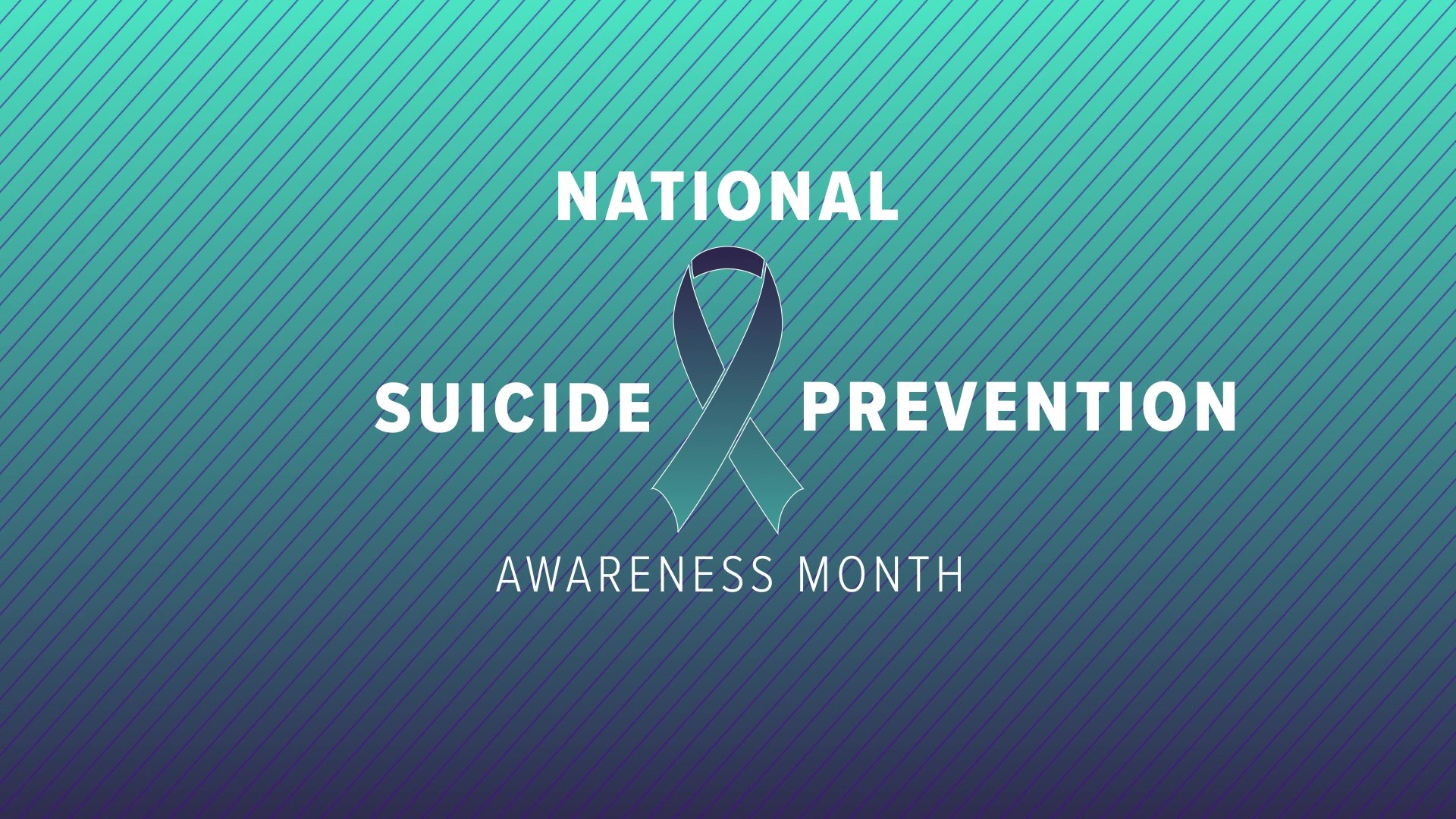CHARLOTTE, N.C. — About 49,500 people took their own lives last year in the U.S., the highest number ever, according to new government data posted in August.
If you or a loved one are facing thoughts of suicide or self-harm, there is help readily available. You can call Suicide and Crisis Lifeline at 988 or chat with them online. There are also resources in North Carolina available here and in South Carolina available here.
The Centers for Disease Control and Prevention, which posted the numbers, has not yet calculated a suicide rate for the year, but available data suggests suicides are more common in the U.S. than at any time since the dawn of World War II.
Experts caution that suicide is complicated, and that recent increases might be driven by a range of factors, including higher rates of depression and limited availability of mental health services.
WCNC Charlotte teamed up with medical professionals during Suicide Prevention Month for a digital town hall. The North Carolina Department of Health and Human Services's crisis services team lead for the Division of Mental Health, Developmental Disabilities and Substance Use Services Lisa DeCliantis and New Hope Treatment Center's chief operations officer and licensed marriage and family therapist Matt Simon were available to raise awareness about suicide as a serious public health problem and to answer people's questions about how they can help prevent suicide.
U.S. suicides steadily rose from the early 2000s until 2018, when the national rate hit its highest level since 1941. That year saw about 48,300 suicide deaths — or 14.2 for every 100,000 Americans.
The rate fell slightly in 2019. It dropped again in 2020, during the first year of the COVID-19 pandemic. Some experts tied that to a phenomenon seen in the early stages of wars and natural disasters, when people pull together and support each other.
RELATED: 'It's OK to speak up': Look for these warning signs that could lead to suicide, therapist says
But in 2021, suicides rose 4%. Last year, according to the new data, the number jumped by more than 1,000, to 49,449 — about a 3% increase vs. the year before. The provisional data comes from U.S. death certificates and is considered almost complete, but it may change slightly as death information is reviewed in the months ahead.
The largest increases were seen in older adults. Deaths rose nearly 7% in people ages 45 to 64, and more than 8% in people 65 and older. White men, in particular, have very high rates, the CDC said.
Many middle-aged and elderly people experience problems like losing a job or losing a spouse, and it's important to reduce stigma and other obstacles to them getting assistance, said Dr. Debra Houry, the CDC’s chief medical officer.
Suicides in adults ages 25 to 44 grew about 1%. The new data indicates that suicide became the second leading cause of death in that age group in 2022, up from No. 4 in 2021.
Despite the grim statistics, some say there is reason for optimism. A national crisis line launched a year ago, meaning anyone in the U.S. can dial 988 to reach mental health specialists.
The CDC is expanding a suicide program to fund more prevention work in different communities. And there's growing awareness of the issue and that it's OK to ask for help, health officials say.
RELATED: 'You can help people, I know you can' | Charlotte woman combatting stigma surrounding mental illness
There was a more than 8% drop in suicides in people ages 10 to 24 in 2022. That may be due to increased attention to youth mental health issues and a push for schools and others to focus on the problem, CDC officials said.
The Associated Press contributed to this report.
WCNC Charlotte is committed to reporting on the issues facing the communities we serve. We tell the stories of people working to solve persistent social problems. We examine how problems can be solved or addressed to improve the quality of life and make a positive difference. WCNC Charlotte is seeking solutions for you. Send your tips or questions to newstips@wcnc.com.

